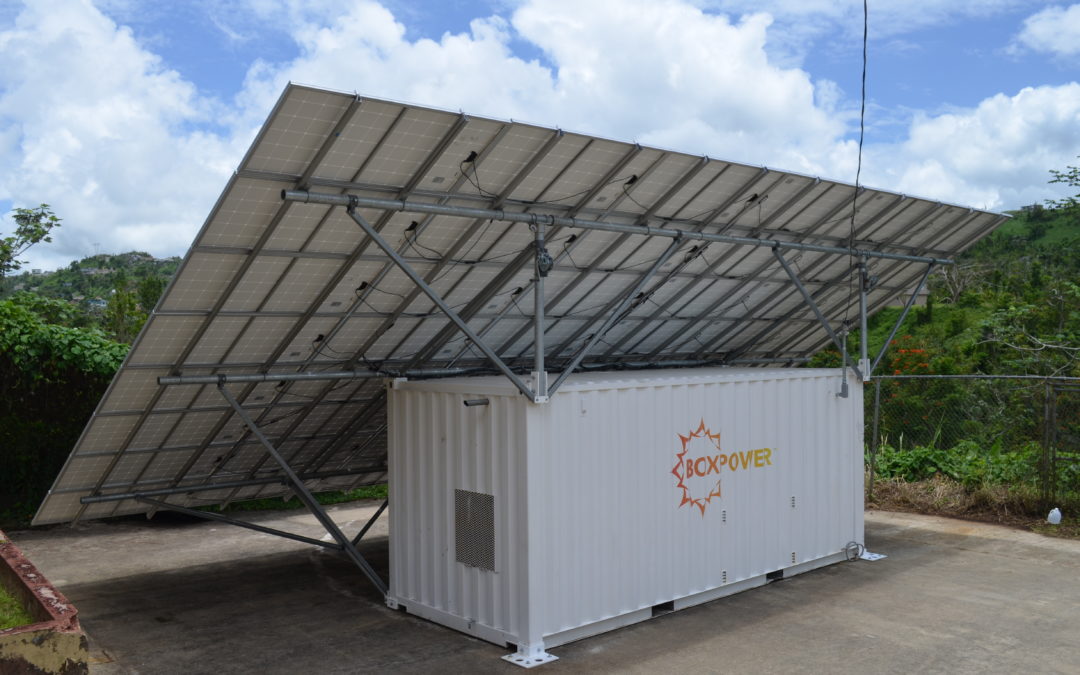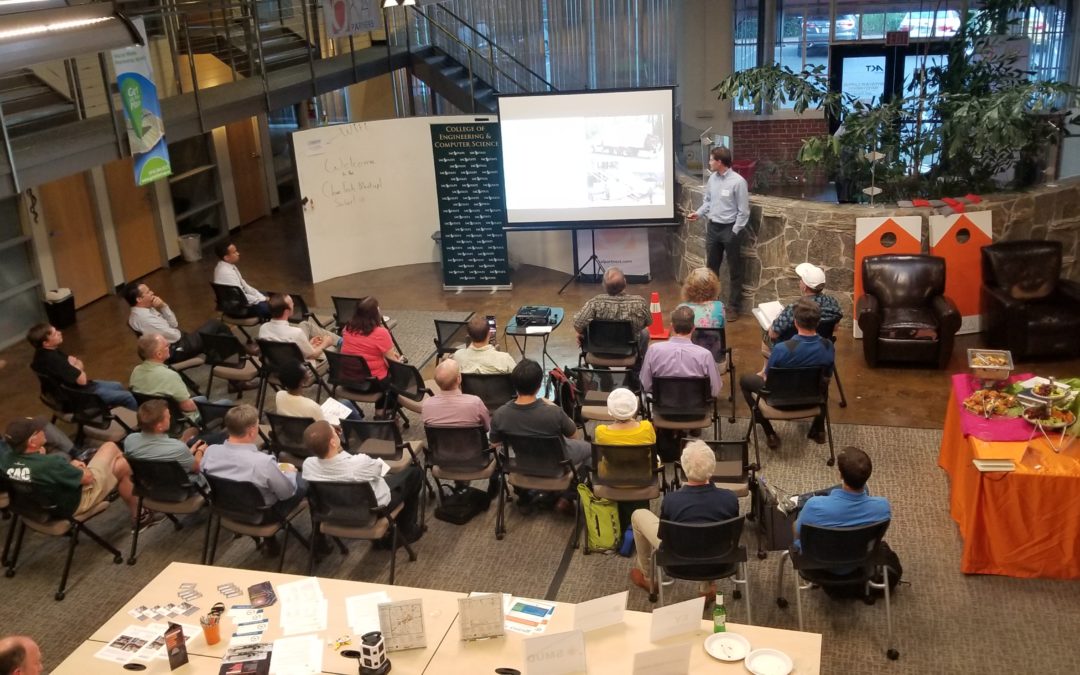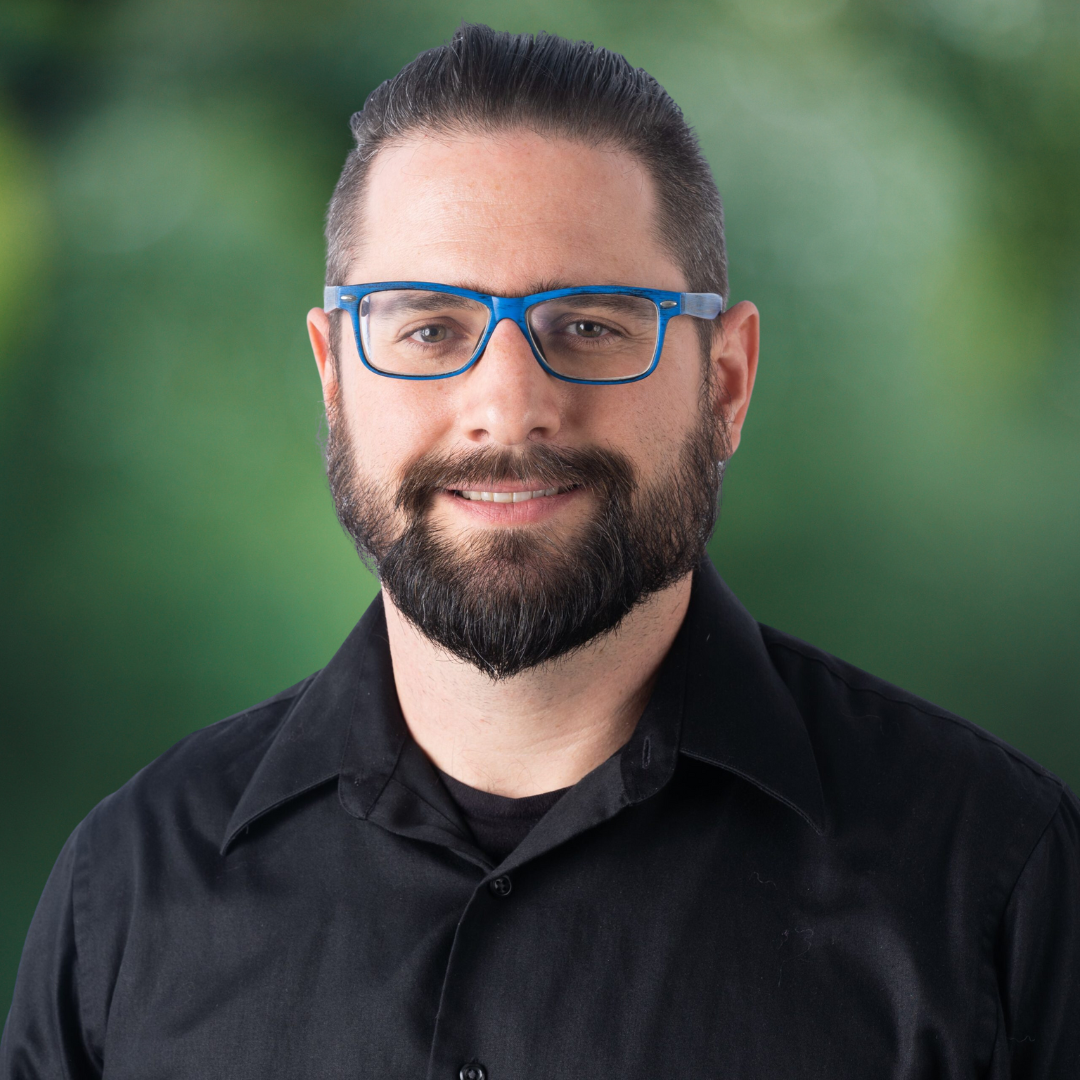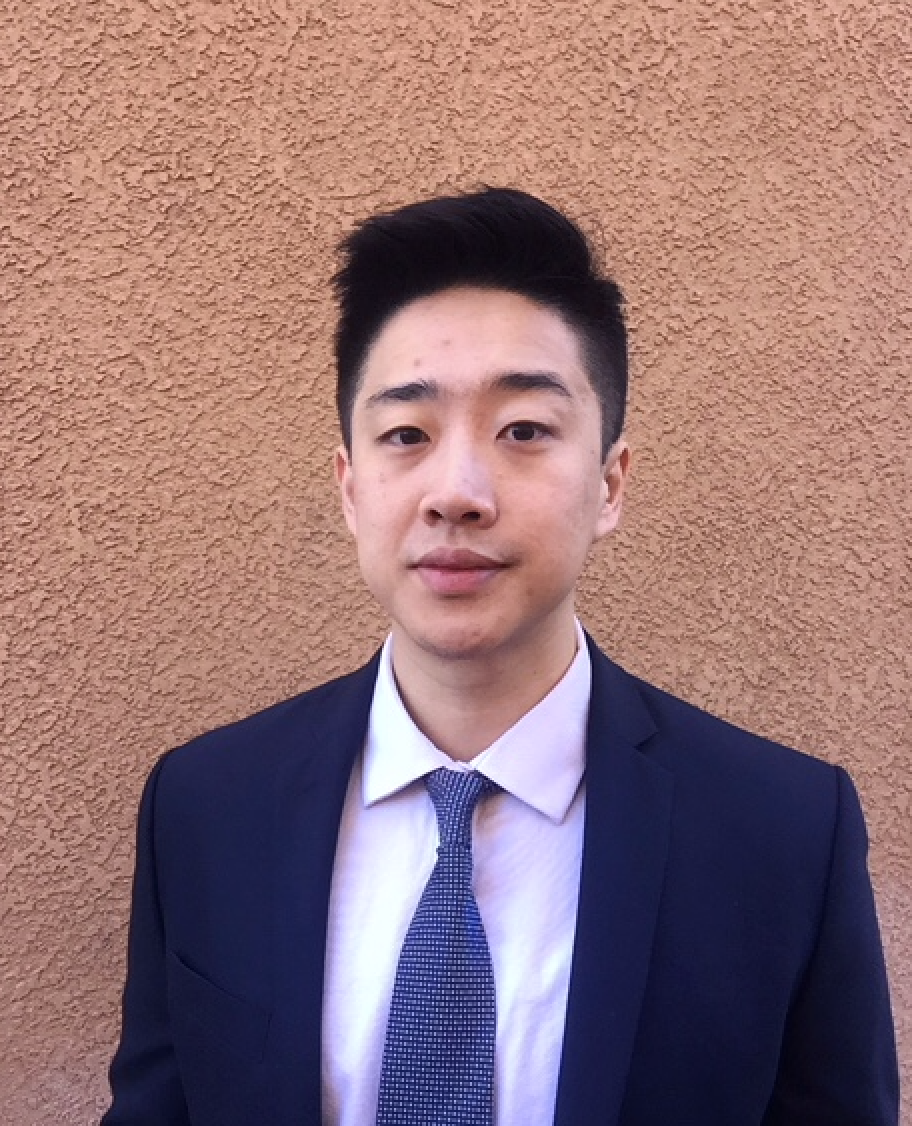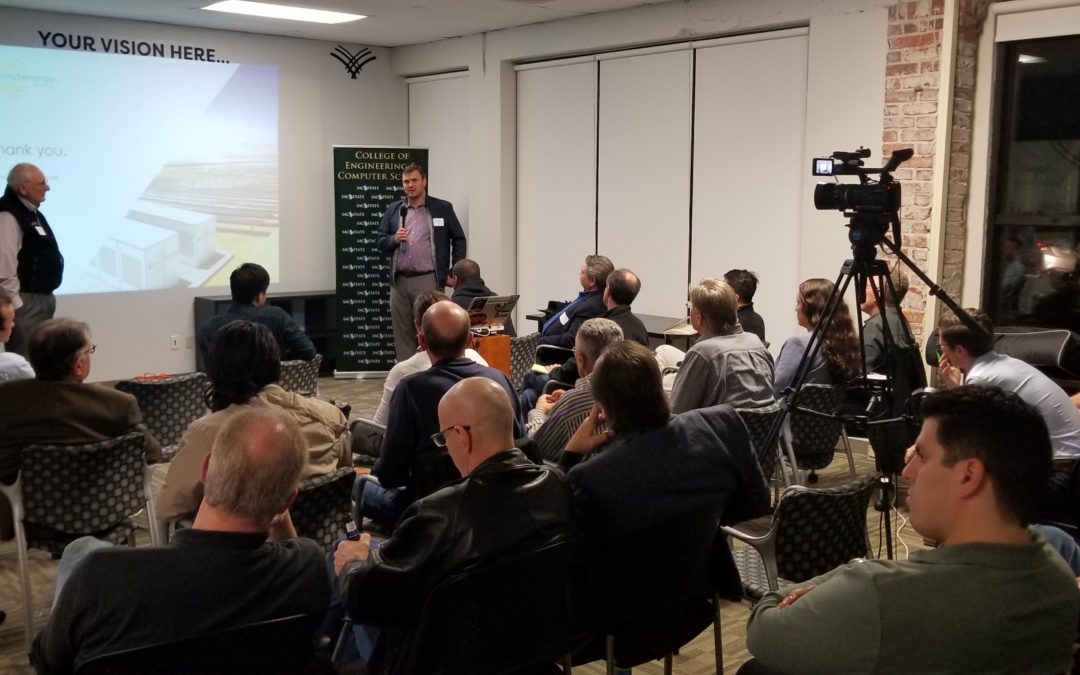
Solar Surprise: Three great companies speak at MeetUp
So often people are surprised what high-impact clean tech companies we have in the region and last night (Jan. 24) it happened again. Three great companies that few ever heard of addressed a packed crowd at our MeetUp held at Valley Vision in Oak Park. Leigh Zanone showed how 8minute Energy Renewables in El Dorado Hills was one of the larger solar developers in the state. Particularly of interest was how they were ahead of the pack in understanding how quickly solar panel prices would drop. They bid the lowest prices anyone had heard of, but yet were very profitable as actual panel prices fell faster than expected. One of their latest projects in Nevada won with a bid under $25/MWh. They now have over 10 GW of projects under development and 1100 MW in operation, and are making storage an added feature of their projects. They have been growing rapidly as they focus more and more on projects elsewhere than California.
Becca Russell of Grid Alternatives, a nonprofit organization, explained their program of targeting low income homes for installation of solar paid entirely from fundraising and grants. From a modest start in North Natomas in 2004, they now reach across the country with an office in Colorado opened five years ago and beyond with projects in Nepal, Mexico and Nicaragua. They not only install systems, but also train a workforce of local installers and manage teams of volunteers. They have programs for native American tribes. And clean mobility is a new area for them, helping people get access to electric vehicles and charging equipment through partnerships with others. Their next move, Becca said, was into multi-family structures. The focus to date has been on owner-occupied single family homes.
Scott Barrington of Trimark Associates in Folsom wrapped up the night explaining now they are the world’s leading independent provider of metering and plant status data on solar PV generation and now are expanding to provide that service for all forms of generation and storage worldwide, including microgrids. Over 70% of all power in California is now metered through Trimark equipment. Their main innovation is a Remote Intelligence Gateway (RIG) that is certified to provide real time data to the market and to schedulers like Cal ISO. Now they have expanded far beyond data acquisition to add control and system management functions.
Surprised? The audience certainly was. Frankly, so were we. And that’s exactly what we want to happen. The discussion was very lively and it was hard to get people to leave at the end. So many connections were made.
Here’s a final surprise. We recorded the event. If you want to see what happened, check our website. It’s all there. It should convince you that you are missing a big opportunity to learn about our clean tech cluster through these MeetUps. Plan to come in the future.
Our next MeetUp will be February 28 at the Sac State Alumni Center off College Town Drive. It will occur in conjunction with the expo of faculty research from the College of Engineering and Computer Science, and the College of Natural Sciences and Mathematics. Lots of exhibits to see in addition to our usual discussions. Come nerd-out with us.

ABOUT THE AUTHOR
Gary Simon is the Chair of CleanStarts Board. A seasoned energy executive and entrepreneur with 45 years of experience in business, government, and non-profits.


